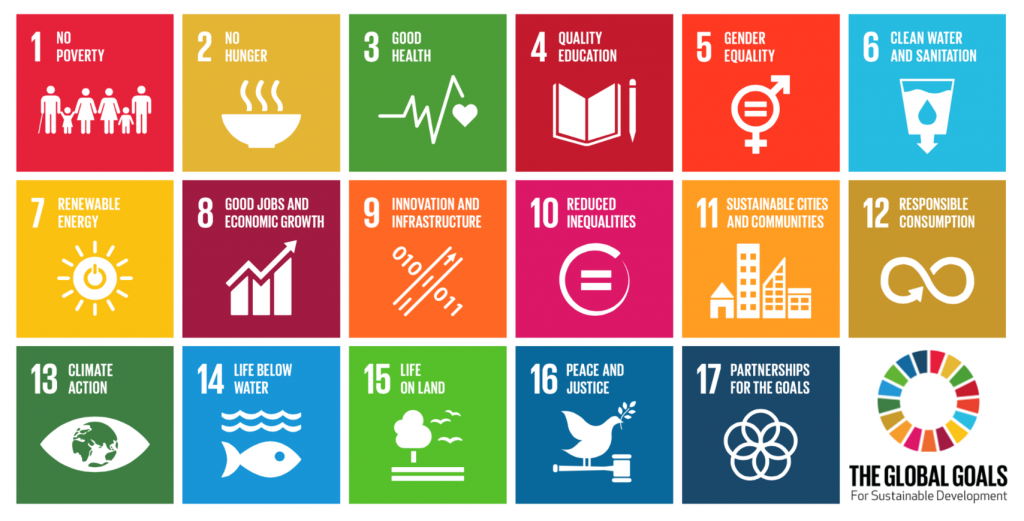

We enable inclusive system innovations in four priority areas. Building on latest technologies, we work with key actors to prototype future systems – today. We discover opportunities, bring the right actors together, design solutions and co-create them on the ground with our partners.
Inclusive system innovations
All systems work. If we do not like the outcomes, we have to reconfigure them.
We understand systems as the networks of interconnected, interdependent actors who collectively create the way we produce and consume food, energy, health, mobility etc.. By changing the way these actors interact, and their incentives, we can change the results.
Inclusive system innovations are reconfigurations that deliver better outcomes for people and planet. Our approach to creating them is also inclusive, actively involving players from diverse background.
For us, system innovations is a lot about new partnerships. New connections and interactions between market players and ecosystems actors. We help you design, implement and evaluate this partnerships.

The Global Goals
Our framework for action are the Sustainable Development Goals. Adopted by all 193 member states of the in 2015, these 17 goals provide a shared blueprint for peace and prosperity for people and the planet, now and into the future. The 2030 agenda underlines the interconnectedness of sustainability challenges, and the need for collaboration to achieve “The Future We Want”.
The Global Goals call for transformative change and inclusive system innovations. We provide concrete tools to get there.


